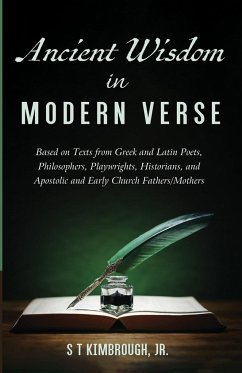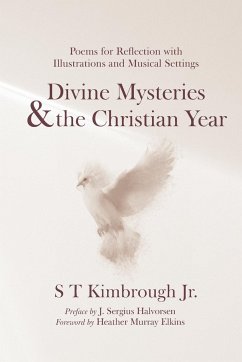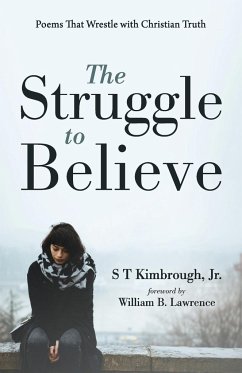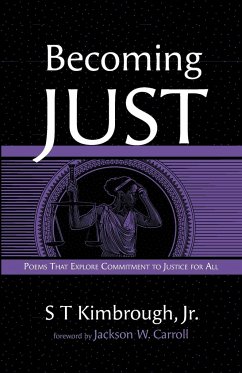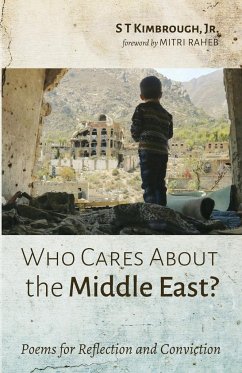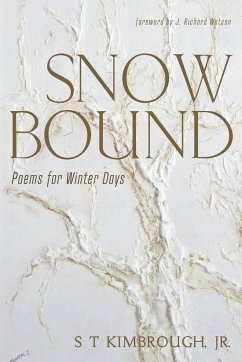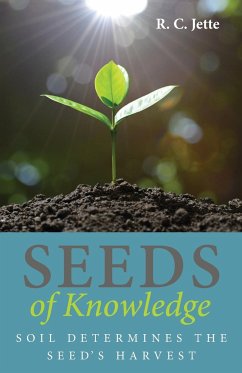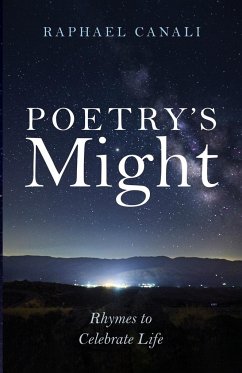
What Do You Have To Say? Poetry's Eternal Question
Versandkostenfrei!
Versandfertig in 1-2 Wochen
11,99 €
inkl. MwSt.
Weitere Ausgaben:

PAYBACK Punkte
6 °P sammeln!
A poem shapes words in such a way that they say something about something. Poets put their words together in many different ways from culture to culture. The choice of words, rhyme, free verse, etc., and many other aspects of composition comprise the poet's art of rhetoric. It is not the purpose here to pursue an extensive discussion of the characteristics of poetic rhetoric, but rather to emphasize that poetry possesses many characteristics through which it conveys meaning. Therefore, the choice of words is an essential aspect of creating the effectiveness of poetry. There are five sections: ...
A poem shapes words in such a way that they say something about something. Poets put their words together in many different ways from culture to culture. The choice of words, rhyme, free verse, etc., and many other aspects of composition comprise the poet's art of rhetoric. It is not the purpose here to pursue an extensive discussion of the characteristics of poetic rhetoric, but rather to emphasize that poetry possesses many characteristics through which it conveys meaning. Therefore, the choice of words is an essential aspect of creating the effectiveness of poetry. There are five sections: (1) ""What Do You Have to Say?""; (2) ""What Do You Have to Say about Knowledge?""; (3) ""What Do You Have to Say about Truth?""; (4) ""What Do You Have to Say about Caring?""; (5) ""What Do You Have to Say about Social Issues?"" The poems of each section explore the role and effect of our words and verbalization in addressing each subject. The poems themselves do not solve problems but are a call to alarm, that what we have to say greatly impacts the choices that we make personally and that communities make corporately. They beckon us to think carefully about what we have to say about anything, especially the gravest and most significant concerns of life.






